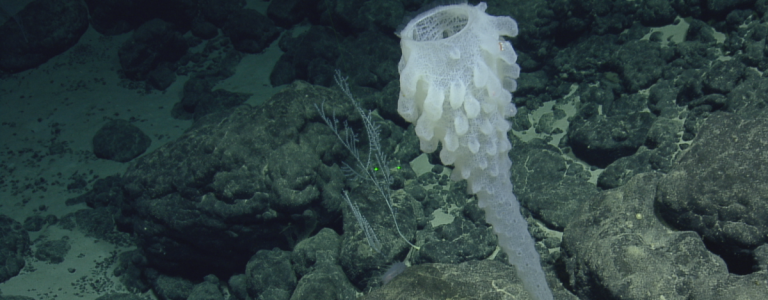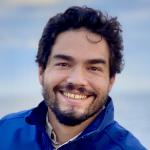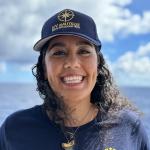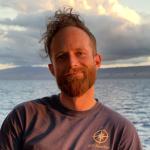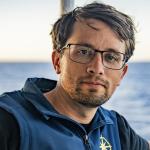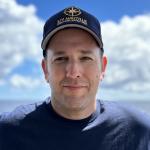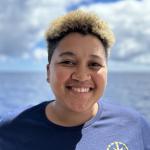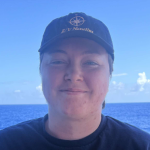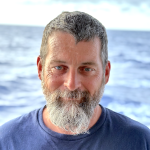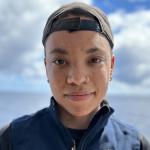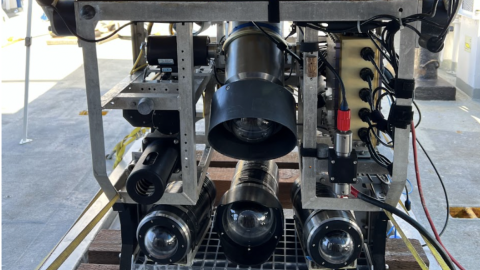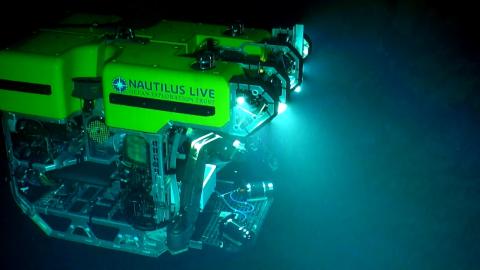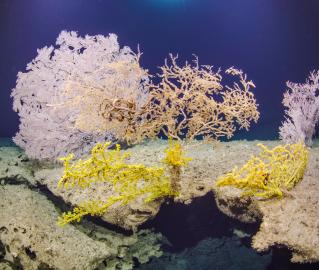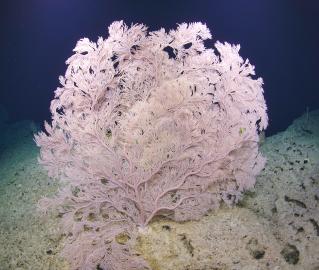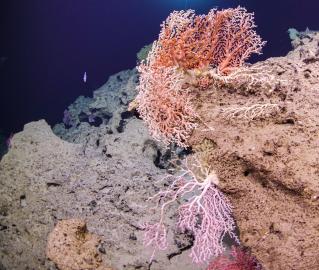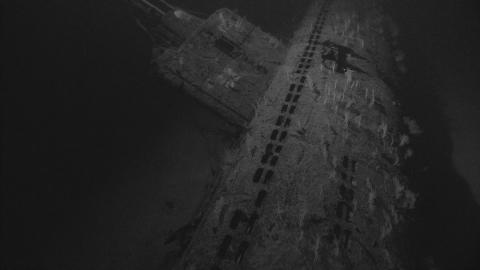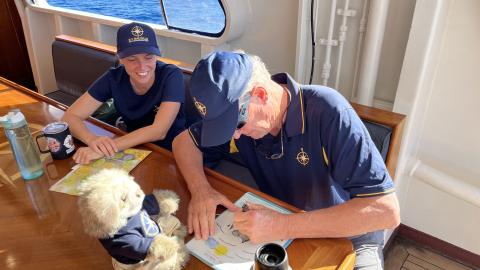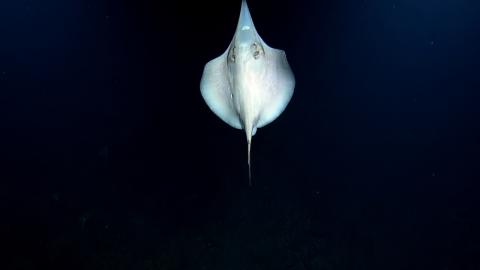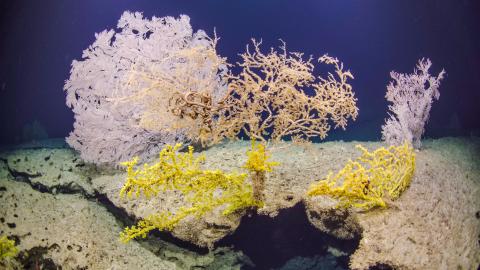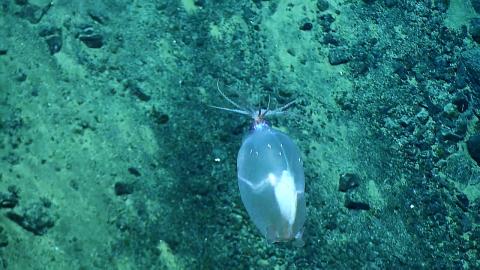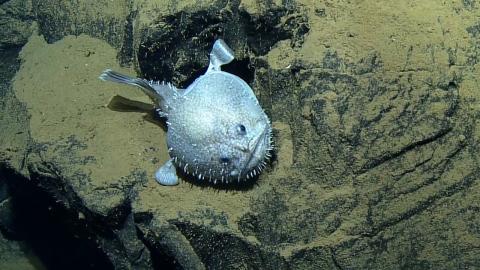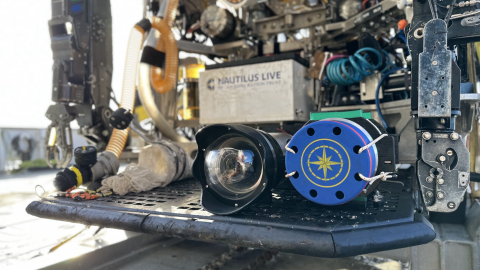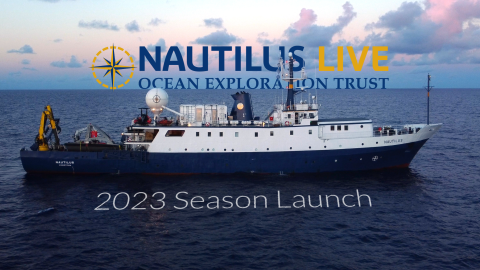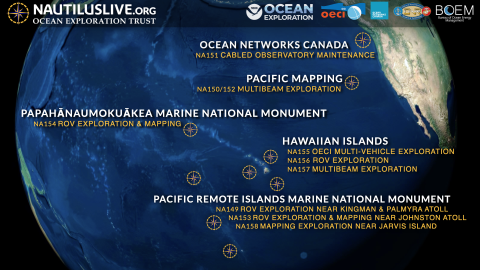In October, we return to ROV dives continuing our work to advance technology use in the deep sea. Experimenting with deploying a new camera technology, we will explore using a new wide-field camera array on ROV Hercules to capture three-dimensional stereoscopic imagery from the seabed. One of the modern challenges of ocean exploration is processing and reviewing the high volume of data generated from each expedition. On this voyage, we will also experiment with and test a Rapid Automatic Image Categorization artificial intelligence software to quickly annotate video in near real-time.
The Hawaiian Islands are part of the oldest, longest, and most remote island chains on Earth, and have been a key natural laboratory for many important scientific discoveries. This 14-day telepresence-enabled expedition will conduct ROV surveys across some of the most dramatic deep-sea habitats surrounding the Main Hawaiian Islands, and test a new wide-field camera array system across a wide range of complex topographical features. In addition to integrating a new camera system, this expedition will feature the use of Rapid Automatic Image Categorization (RAIC) software, a recently-developed artificial intelligence tool which will be used to analyze ROV video in near real-time. Noteworthy areas that will be explored during this mission include World War II wrecks, hydrothermal vents located above the Hawaiian Hotspot, unique geological formations bordering the highest sea cliffs off Molokai, and deep-sea coral gardens off the Big Island.
This expedition is funded by the Office of Naval Research.
